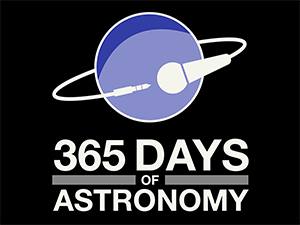
First up, things that go bump and crash. Honestly, the best open to this story is the one in the press release: While for humans the constants might be death and taxes, for planets the constants are gravity and collisions.
And the great thing about those collisions, so long as we’re not personally experiencing them, is that they can be used to understand the history, formation, and evolution of our solar system and many of the various solid bodies within it. I say solid bodies because, while impacts at Jupiter are cool, they don’t exactly leave a lasting impression. Rest in peace, Comet Shoemaker-Levy 9.
So how do we go about studying all these widely varied impact craters? Enter Brandon Johnson from Purdue University, who collects impact data from various missions and labs and then works with his team to build models that help us understand what happened, when, and just what all that stuff out there is made of. And it’s not just about other solar system bodies, either. Johnson also works on craters on the Moon and even here on Earth.
Johnson explains just why he studies impact craters and meteorites: Most meteorites contain chondrules — small, previously molten, particles. Essentially, by studying the formation of chondrules by impacts, we can better understand what was going on in the nascent solar system. For example, based on one impact, we were able to determine that Jupiter had already formed right around 5 million years after the first solar system solids, changing the timeline of our understanding of the solar system.
Not only does Johnson have his own lab working on these studies, but he is also working to update an online impact calculator tool that was developed by his late mentor, Jay Melosh. Johnson and his team are rebuilding this online tool so that the next generation of planetary scientists can use it to understand how impacts affect Earth’s crust, atmosphere, and biosphere.
We look forward to the research coming from Dr. Johnson’s lab in the future.
More Information
Purdue press release
“Earth Impact Effects Program: A Web-based computer program for calculating the regional environmental consequences of a meteoroid impact on Earth,” Gareth S. Collins, H. Jay Melosh, and Robert A. Marcus, 2010 January 26, Meteoritics & Planetary Science



